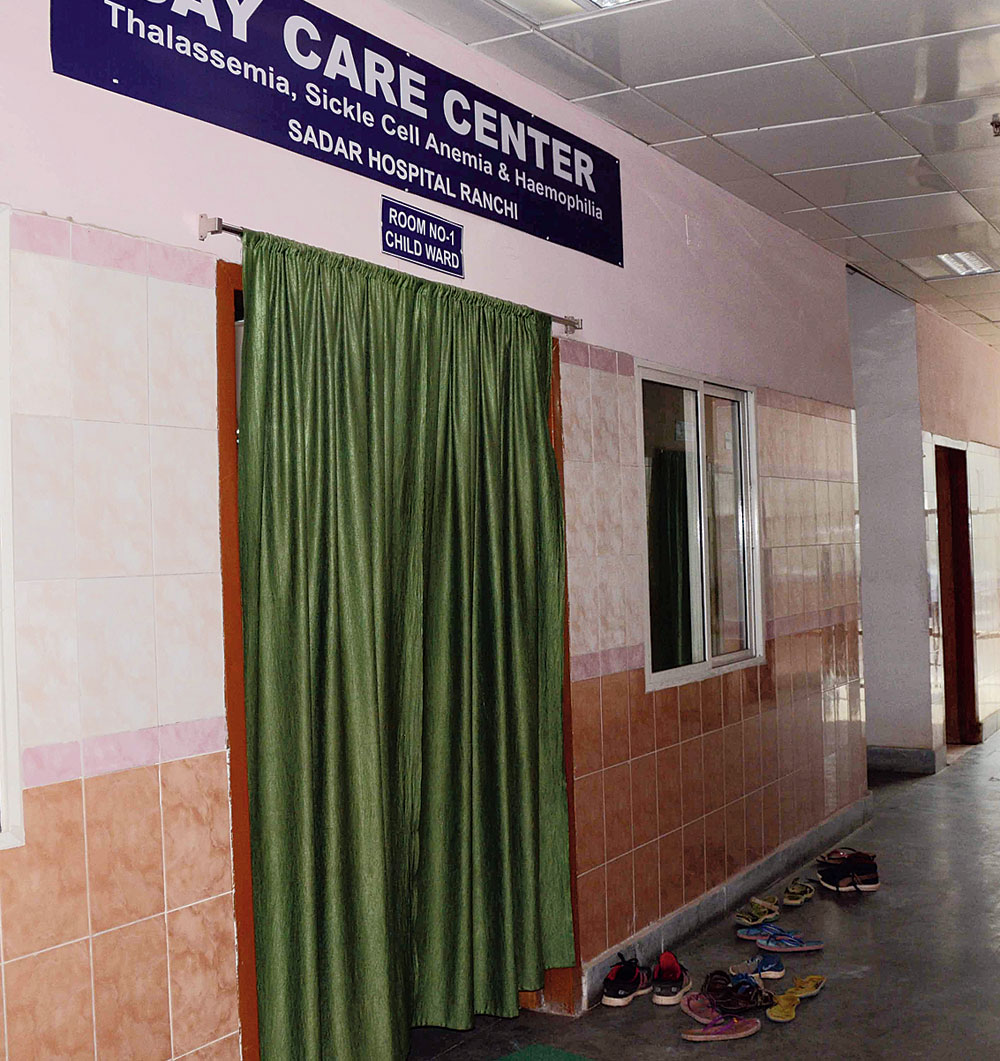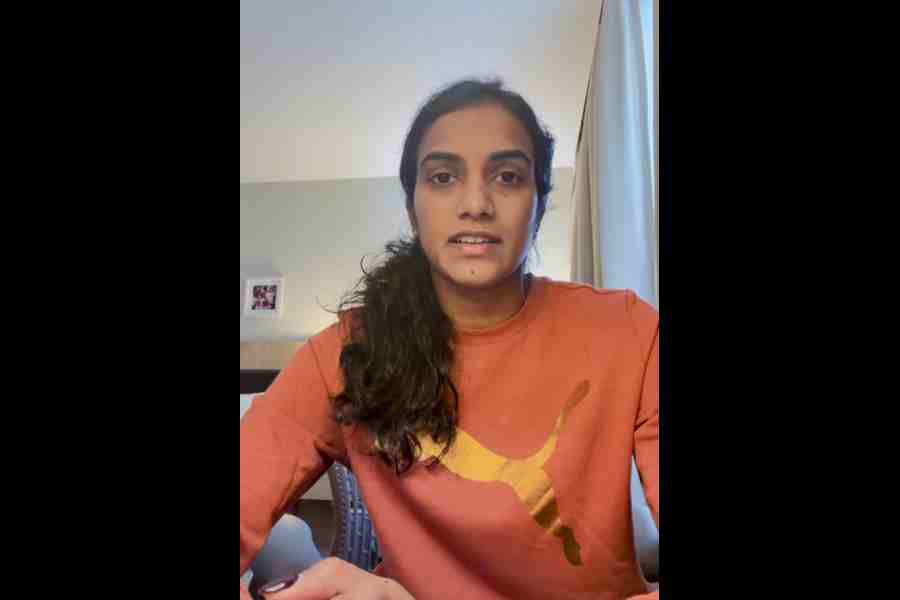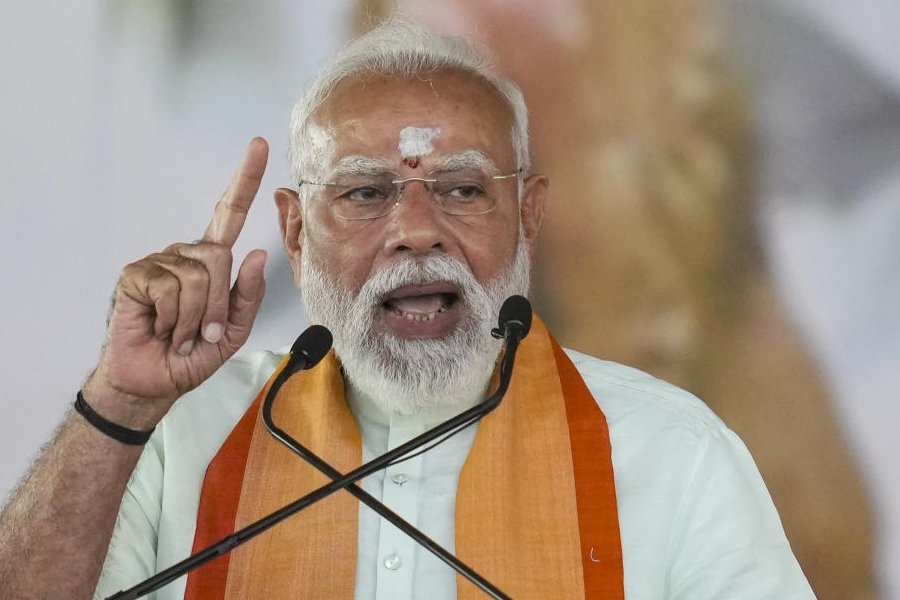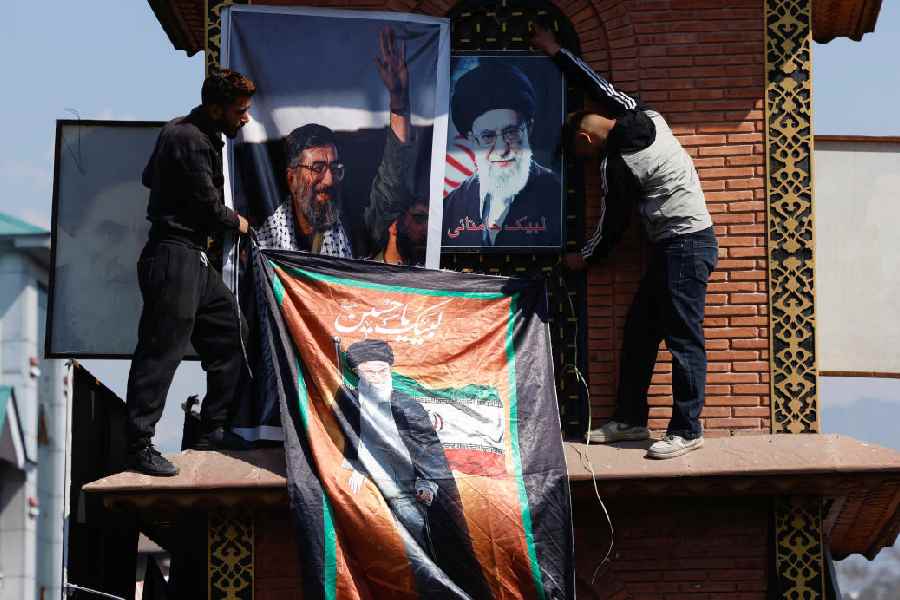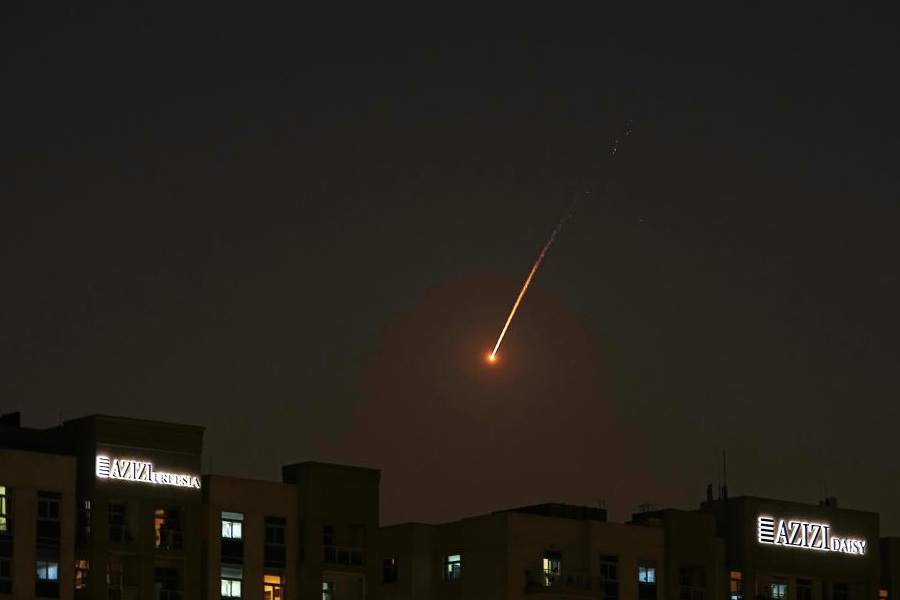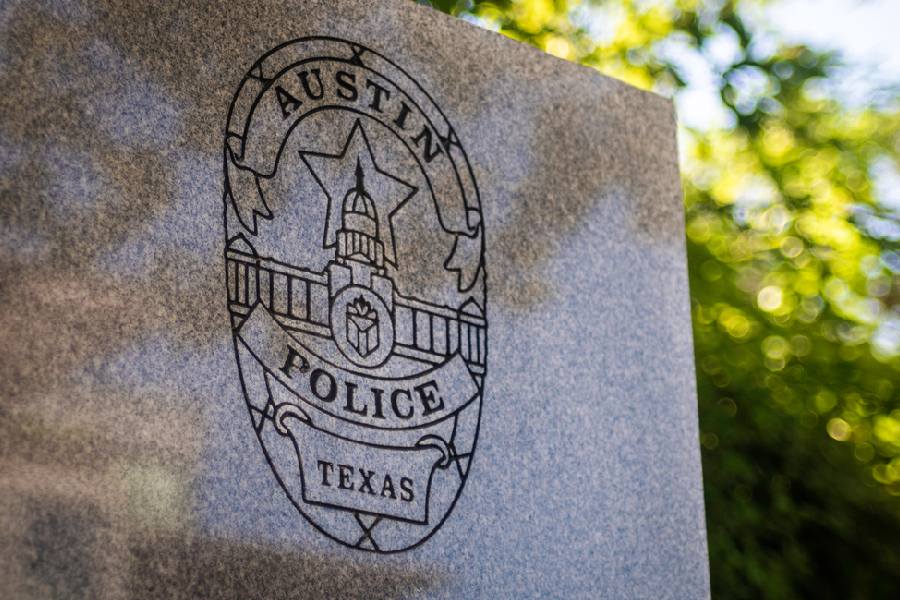Stung by reports that seven thalassaemic children were given untested blood at Ranchi Sadar Hospital’s day care centre, civil surgeon Dr Vijay Bihari Prasad has decided to issue notices to all government and private heal hubs in the district, asking them to furnish a year’s transfusion data.
The reports must include name and age of patients, their registration number with the hospital, date of transfusion and details of the blood bank from where units were procured for transfusion, among others.
Aged between eight and 13 years, the children had been receiving transfusions at the sadar hospital’s day care facility launched in July for thalassaemia, sickle cell anaemia and haemophilia. Four of them tested HIV-positive and three positive for the Hepatitis C virus. The source of the infected blood is not yet known.
Dr Prasad conceded it was very difficult to ascertain how infected blood was transfused and hence, the massive exercise was required. “There are 200-odd hospitals, clinics and nursing homes in the district that facilitate blood transfusion. The notices will be issued within a week,” he said.
Secretary of Jharkhand Thalassemia Foundation and founder of nonprofit Lifesavers Atul Gera said the exercise, if carried out in the right earnest, could detect where the untested blood had been supplied from. “Thalassemic children testing positive for HIV and HCV leaves no scope for doubt that unsafe blood is in wide circulation in Ranchi. Asking hospitals to furnish transfusion data on a regular basis can help prevent a rerun,” he said.
Gera reminded that the state health secretary had on two occasions directed DCs to promote voluntary blood donation. “If hospitals/nursing homes organise blood camps and store units, chances of unsafe supply may reduce. Professional donors (those who donate for money) will never attend such camps,” he said.
The protocol for safe transfusion, experts say, dwells on four key things: right blood, right patient, right time and right place. Most “transfusion incidents”, experts say, are caused by identification errors at the time of pre-transfusion blood sampling, sample handling in the laboratory, collecting the wrong component from the blood bank or transfusion to the patient.
The identity check between patient and blood component is the crucial final opportunity to avoid potentially fatal transfusion.
Ritu Sahay, state drug controller who issues licences to blood banks, said she had alerted all 51 to follow the standard operating procedure.
“Details are being collected to ascertain from where blood was procured for transfusion. Four months ago, I had received a complaint and suspended the licence of a blood bank. An inquiry is still on,” she said, without naming the facility.


